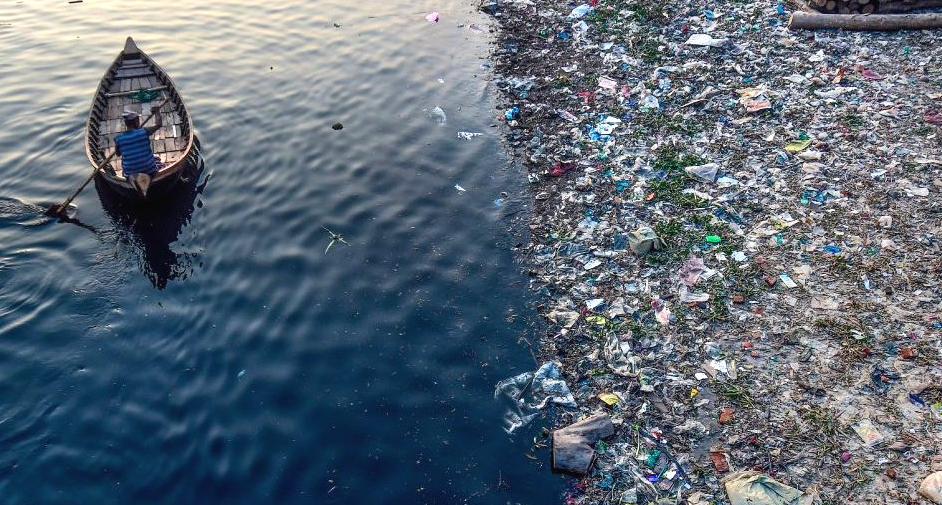Global Plastic Pollution Continues to Spiral Out of Control

Tens of millions of tons of plastic flow into water bodies each year
The latest report from the United Nations Environment Programme (UNEP) shows that annually 19–23 million tons of plastic waste enter lakes, rivers, and oceans (sources: UNEP, The Ocean Cleanup, GreenMatch).
Ocean Conservancy further points out that there are currently about 200 million tons of plastic debris in the oceans, with an additional 11 million tons added every year—equivalent to “one garbage truck dumping plastic into the ocean every minute” (source: oceanconservancy.org).
Alarming forecasts for ocean plastics
According to the Organisation for Economic Co-operation and Development (OECD), without aggressive policy intervention, the total amount of ocean plastics will reach 76 million tons by 2040 and could surge to 141 million tons by 2060 (source: oecd.org).
The World Resources Institute (WRI) estimates that about 8–10 million tons of plastic enter the oceans annually, with plastic waste accounting for 80% of marine pollution (sources: WRI, Earth.org, The Guardian).
Microplastics—The “Invisible Killer” in the Food Chain
Recent research from Nanjing University reveals that microplastics significantly hinder photosynthesis in crops and seaweed, potentially reducing food yields by 12%, posing a major threat to food security in Asia, particularly China (source: The Guardian).
More seriously, this microplastic pollution could put up to 400 million people at risk of hunger and cause a global fisheries output decline of 1 to 24 million tons annually.
Financial Sector Speaks Out: Investing to Save the Oceans
According to Reuters, multiple development banks—including those from France, Germany, Spain, Italy, and the European Bank for Reconstruction and Development—have pledged at least €3 billion (approximately $3.4 billion) for the next phase of the “Clean Oceans Initiative” from 2025 to 2030 to tackle marine plastic pollution (sources: Reuters, Our World in Data, ScienceDirect).
These funds will focus on:
- Promoting sustainable packaging and increasing recycling rates
- Waste management
- Upgrading wastewater and stormwater systems
- Managing upstream sources of plastic pollution
